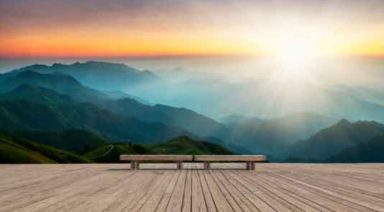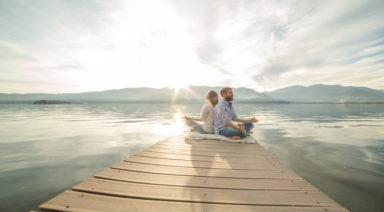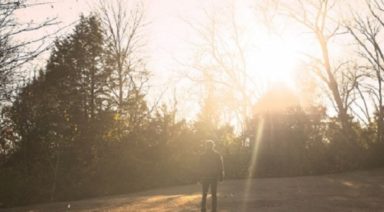New Zealand Gives Maori Volcano Human Rights
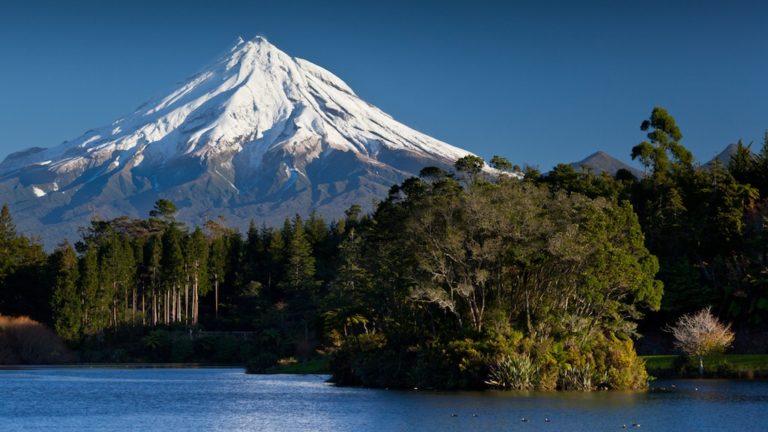
In a move to honor its indigenous people and provide retribution for colonialist oppression, New Zealand is giving human rights to a Māori volcano on the country’s North Island. Mount Taranaki will now be afforded all the legal rights of a person and is the country’s third natural feature to be given this designation.
After Lonely Planet – the largest travel guide publisher in the world – named Mount Taranaki the second-best location to visit, officials in New Zealand decided to protect the dormant volcano in a way that honored their native people. The mountain’s entitlement comes after the country gave the same human rights protection to the Whanganui River earlier in 2017.
Mount Taranaki is a 120,000-year-old volcano that is New Zealand’s most frequently hiked mountain. Its new designation would make punishment for anyone who harms the mountain tantamount to harming a member of the Māori people. The local tribes will work in conjunction with New Zealand government to maintain the sacred feature and ensure its protection.
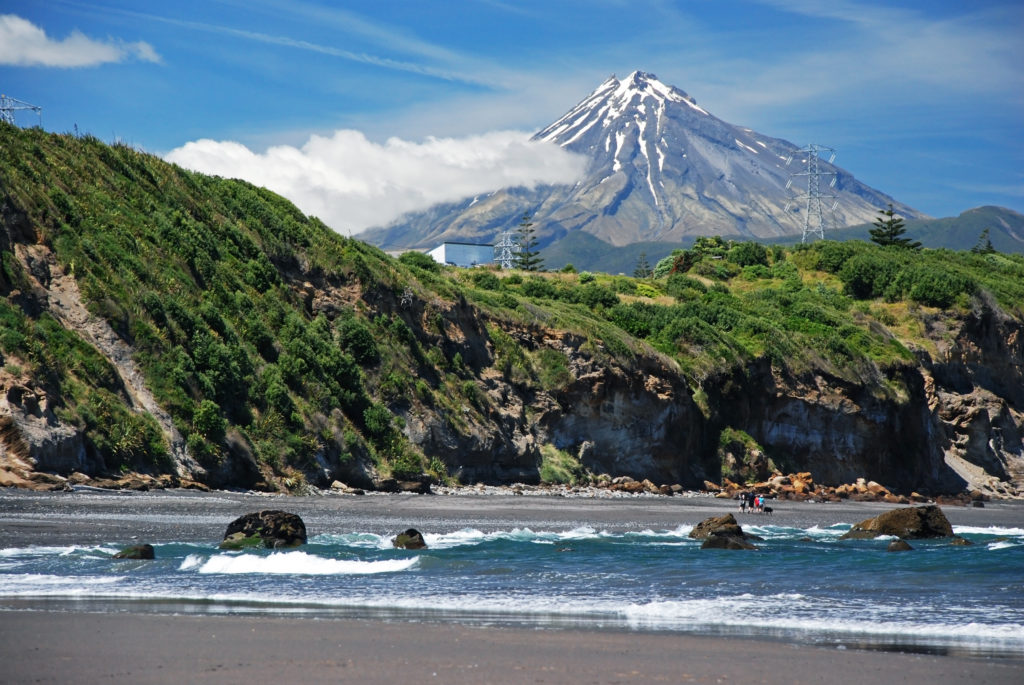
Māori natives hold the volcano to the same esteem as one of their own family members, or whanau, and consider it to be an ancestor. In Māori philosophy, humans are considered to be part of the universe and, rather than domineering the natural world, they consider humanity to be an extension of it like any other feature.
This seems to mirror the ideas of shamanism and many indigenous tribes whose spirituality and religion is based on the ideology of animism, the belief that all material things have a spirit. It is common for indigenous tribes and shamans to explain that all they know about our world came from conversations with plants, trees, and nature.
In western society, we give human rights to corporations in much the same way. Corporate personhood gives these entities names, legal rights, and the ability to spend money in political campaigns, all while remaining entirely separate from the individuals who work there. If we think this makes sense to provide privileges to what is essentially an immaterial concept, then it makes perfect sense that natural features should be given personhood with legal protections.
New Zealand is setting a precedent for the world to follow, and it’s doing it while acknowledging to its indigenous people that imperialism from the 19th century demands retribution. The act is part of an apology particularly for the British Crown’s lack of enforcement of the Treaty of Waitangi – a pact between the Māori and British government originally intended to protect native rights.
Could New Zealand’s example lead to similar actions in other nations with histories of oppression against native people? In the U.S. reparations are rarely made to Native American groups, while indigenous land and protections continue to diminish.
How Cryptocurrencies Like Bitcoin Can Democratize Money and Society

As cryptocurrencies like Bitcoin break new records seemingly every day, could this lead to a financial and cultural revolution? Or are we not quite there yet?
Cryptocurrencies have recently gained popularity as an alternative to conventional monetary systems. Blockchain is a system in which a record of transactions made in Bitcoin and other cryptocurrencies are maintained across multiple computers that are linked in a peer-to-peer network. Cryptocurrency has no centralized bank controlling the flow of money, but rather a decentralized system controlled by algorithms.
Crypto has been hailed as a way to democratize finances for all, not just wealthy elites. But with the rise in popularity, what are the potential pitfalls of these online currencies?
“Blockchain is a way of digitally marking the development and moving around of this money—you’re making sure that it can’t be counterfeited. They do it in such a way that it’s anonymous and decentralized, but secure,” Zeus Yiamouyiannis, author of Transforming Economy, said.
“The current monetary system can be manipulated; the supply can be manipulated to benefit very few people over the many. As we’ve been seeing over the past few decades, the same pattern keeps emerging and it’s growing, and that is greater and greater gambling by the big boys, to the point where they inherently fail through their greed. And guess who bails them out 100 percent of the time? The little guy who had absolutely nothing to do with it,” Yiamouyiannis said.


















